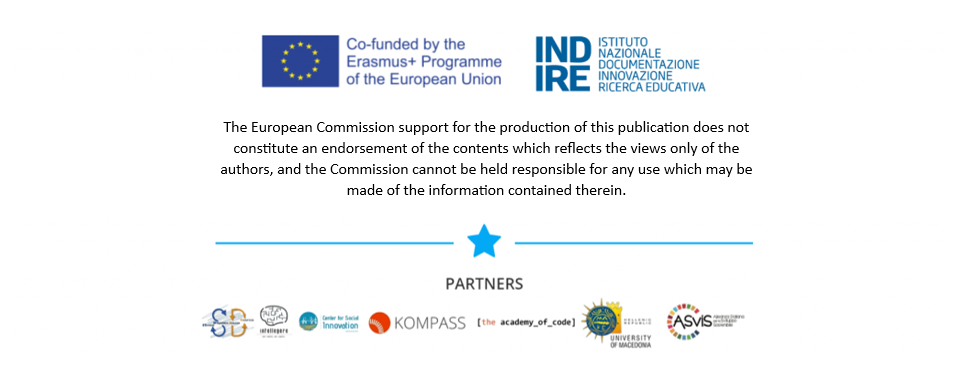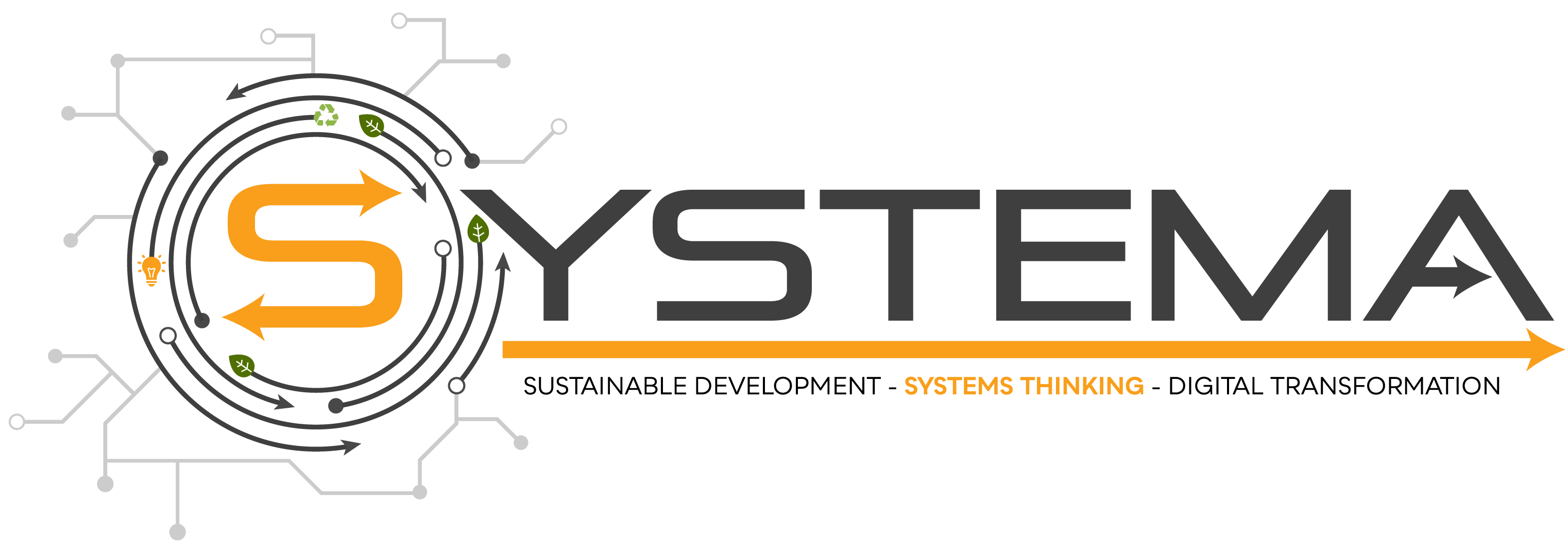As the European Commission indicates in COM(2022) of 12.10.2022 on the proposal for a Decision of the Parliament and of the Council on the European Year of Competences "equipping the EU workforce with the necessary skills ensures that green and digital transitions are socially just and equitable and enables people to successfully manage labour market changes and fully engage in society and democracy, so that no one is left behind".
This aside implies a systemic view of competences and of the very purposes that an adequate level of competences should pursue.
The formalised competence frameworks LifeComp (2020), GreenComp (2022), DigComp (version 2.2. of 2022) of the Joint Research Centre (JRC) of the European Commission, represent the basic elements of competences, for work and life, since the basic competences for green and digital transitions are not specialised dimensions of knowledge, but essentially present the competences needed to respond to the challenges of our time in which all people are involved, and called upon to behave accordingly.
An integrated reading with a systemic view of the three competence frameworks fosters useful synergies. As the JRC itself indicates, all these competences are complementary and interconnected. In other words, the core competencies for one framework will support the development of competences in another.
Particularly in GreenComp, "embodying the values of sustainability" emerges as a core competence, advocating equity and justice for present and future generations as a value. This involve reflection on personal values. This competence is defined by the JRC as a meta-competence because it implies an ethical-value adherence, indicating that values are concepts and people can choose which values to prioritise in their lives.
LifeComp, defined as "the ability to reflect on oneself, manage time and information effectively, work constructively with others, remain resilient and manage one's own learning and career" does not develop value aspects but implies and partly evokes them in the concepts of inclusion and solidarity, and nevertheless sets up a process of individual and collective development within an organisation aimed at achieving concrete results that can be integrated with GreenComp's objectives. The value system integrates both aspects of personal self-motivation and the convergence of team purpose. This includes the ability to cope with uncertainty and complexity, to maintain one's physical and emotional well-being, to maintain physical and mental health, and to be able to lead a health-conscious and future-oriented life, to empathise and manage conflict in an inclusive and supportive context.
By pursuing a complete state of well-being, including mental and social well-being, LifeComp contributes to ensuring the health of employees and organisational well-being. This, besides being an end in itself of guaranteeing fundamental human rights, is also instrumental in having a healthy and efficient organisation. It can also complement employee training in occupational health and safety.
The DigComp - competences for digital transformation - integrating the safe, critical and responsible use of digital technologies, commitment to learning, work and participation in the society of people, still integrates LifeComp itself in the perspective of the digital world.
A common denominator among the three competences frameworks are, for example, critical skills (or critical thinking).
A part of DigComp that is becoming particularly relevant is the focus on resource consumption and environmental impact when using digital technologies. Clearly, GreenComp's value framework has the potential to integrate this aspect, not as purely ancillary (or marginal) to DigComp, but as an element of attention and insight central to the development of DigComp itself.
To complete the picture, it is also useful to know that exist a fourth formalised competence framework developed by the JRC and issued in 2016, namely EntreComp "the European Competence Framework for Entrepreneurship". In short, EntreComp, pursuing the aim of creating financial, cultural or social value for others, integrates the content and social objectives of the other training frameworks from an entrepreneurial perspective, and can be effectively integrated with the previous three LifeComp, GreenComp, DigComp.
Bibliographical notes
European Commission - COM(2022) 526 final of 12.10.2022 “Proposal for a Decision of the Parliament and of the Council on the European Year of Competences”
European Commission, JRC (2022) - GreenComp, The European sustainability competence framework
European Commission, JRC (2020) - LifeComp: The European framework for the personal, social and learning to learn key competence
European Commission, JRC (2022) - DigComp 2.2. Digital Competences Framework
European Commission, JRC (2016) - EntreComp: The entrepreneurship competence framework
Source of both pictures: European Commissione JRC



